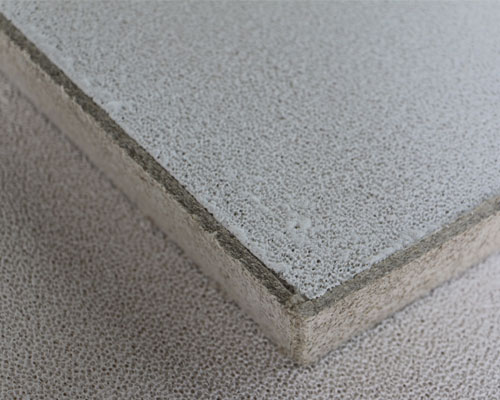Filtration efficiency is the primary index to evaluate the filter medium or filter, which is expressed by the ratio of the mass of solid captured by the filtration operation to the original content. The factors affecting the filtration efficiency of filter media include the properties of filter media and suspended solids.
Influence of filter media on retention efficiency
1) Particle size. The filtration efficiency is inversely proportional to the particle size, that is, the smaller the particle size is, the higher the filtration efficiency is, but the head loss is also increased
2) Shape. The surface area of the angular material is larger than that of the spherical filter material with the same volume. Therefore, when the porosity is the same, the filtering efficiency of angular filter material is high.
3) Porosity. The porosity of spherical filter media has little relationship with particle size. However, the porosity of angle filter media depends on the particle size and its distribution.
4) Thickness. The thicker the filter bed, the clearer the filtrate and the longer the operation cycle.
5) Surface properties. The surface charge of the filter material without charge or with the charge opposite to the surface charge of suspended particles is conducive to the adsorption and contact condensation of suspended particles on the surface.

Effect of suspended solids on interception efficiency
1) Particle size. Almost all filtration mechanisms are affected by the size of suspended solids. The larger the particle size is, the easier it is to be removed by sieving
2) Shape. The removal efficiency of angular particles is higher than that of spherical particles due to their large specific surface area.
3) Density. Particle density affects filtration rate mainly through precipitation, inertia and Brownian motion mechanism.
4) Concentration. The higher the concentration, the easier the penetration and the faster the head loss increases.
5) Temperature. Temperature affects density and viscosity, and then affects filtration efficiency through precipitation and adhesion mechanism. Lowering the temperature is not good for filtration.
6) Surface properties. The flocculent characteristics and electromotive potential of suspended solids mainly depend on the surface properties. Therefore, the surface properties of particles are the important factors affecting the filtration efficiency.

